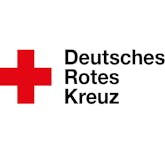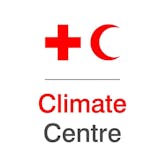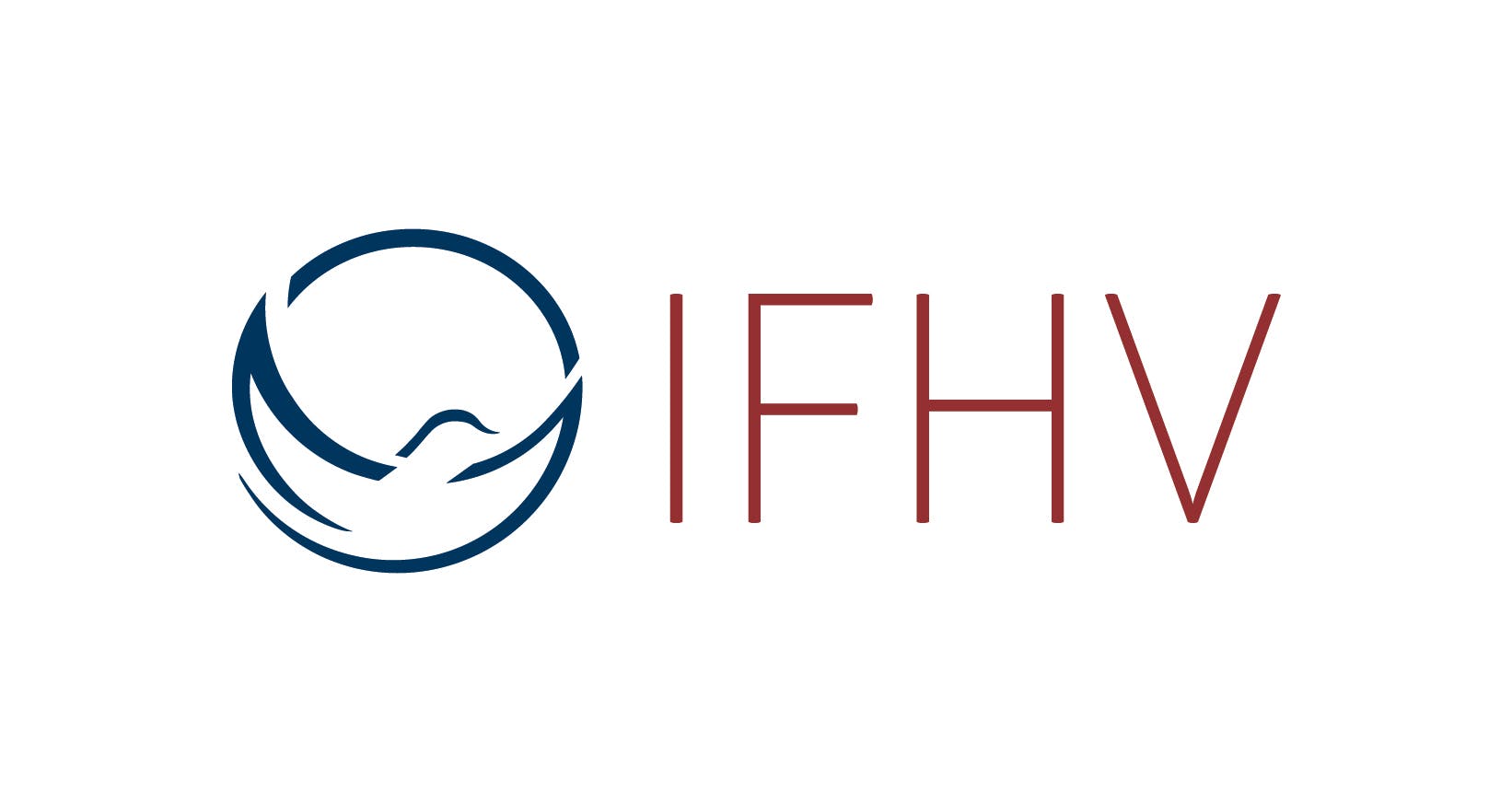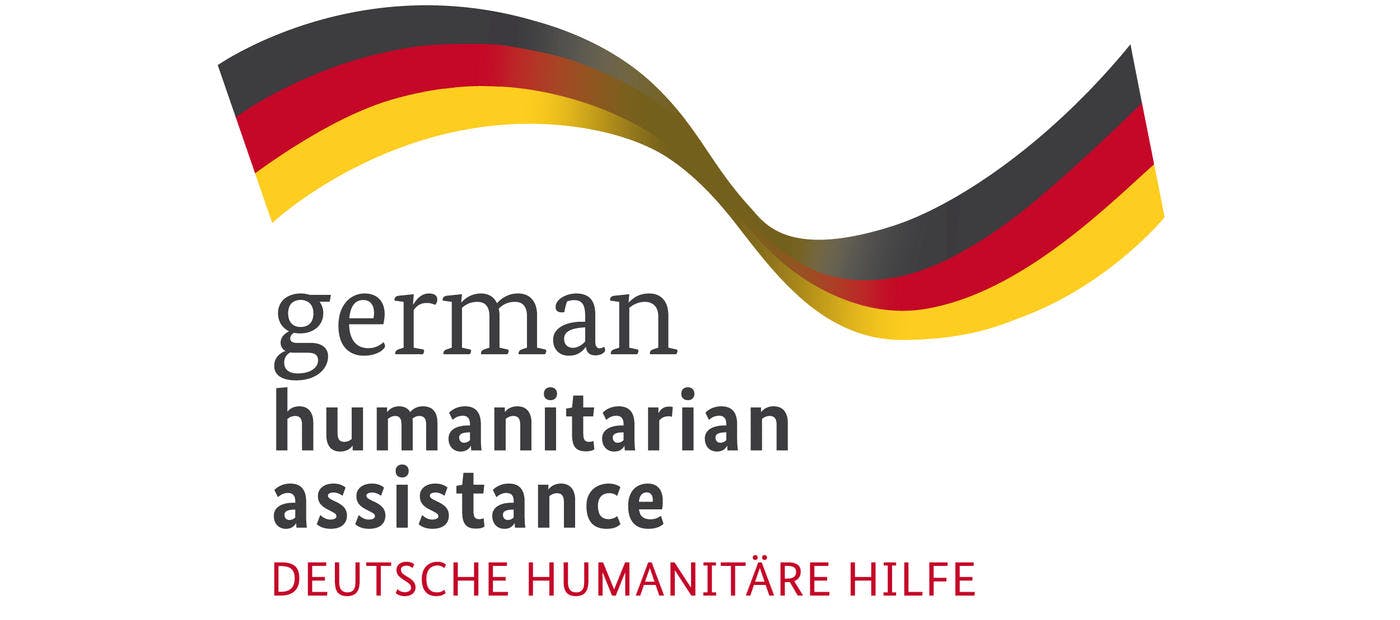MEAL in Anticipatory Humanitarian Action
Fully booked
The humanitarian sector has extensive experience responding to the impacts of hazards and large-scale humanitarian emergencies, whether caused by floods and cyclones or because droughts give rise to severe food insecurity, epidemics or conflict. There is also a large body of monitoring and evaluation (M&E) results and research on the effects of emergency response on the lives and livelihoods of those affected by the crises. Much less evidence exists on the effects of anticipatory humanitarian action. Several studies assess the benefits of these approaches in anticipation of extreme floods or cold waves, and only very few examine drought-related anticipatory actions. With anticipatory action being considered an innovative approach and a relatively recent addition to the humanitarian sector, this training responds to the urgent need to generate robust evidence on the effectiveness, also compared to conventional humanitarian response, and to learn what works and how to do better, e.g. with regards to processes and also triggers.
The training will take place on 5 and 6 June 2024 as an in-person workshop in Bochum. It includes regular breaks.
You will learn
Why M&E is important for anticipatory action
What particular M&E challenges for slow and fast onset hazards are in the context of anticipatory action
How to monitor and evaluate anticipatory actions for slow and fast-onset hazards, including the discussion of practical examples of trigger and impact evaluations
What evidence there is for the positive impact of anticipatory action for affected communities (also in comparison with "conventional" humanitarian measures)
Target group
Staff of humanitarian NGOs with several years of professional experience, practitioners in the areas of DRR/anticipatory action, staff in charge of MEAL operations; We kindly ask German NGO colleagues to forward this invitation to their local and national partners.
Schedule
Block 1
Intro presentation: Overview of training content & flow
Why talk about MEAL for AA, i.e. what’s different from “normal” project MEAL
Overview of course content & flow
Guiding principle of the training: utilization-focussed MEAL!
What does success look like? Defining AA results and tracing how they are achieved.
Formulating a results chain
AA results: Outputs & reach, timeliness, outcomes
Lunch Break
Block 2
How to measure whether AA is effective?
Causal attribution; the importance of the counterfactual; how to identify a control group; research ethics; alternative approaches
Baseline data collection: yes or no?
Getting the timing of data collection right
Logframe reminder
Process monitoring: evidence on where we can do better
What is processing monitoring? Why is it important?
Process elements (logistics, HR, finance; communication; etc)
Using process monitoring for iterative improvement in the project cycle
Reflection of the day
German Red Cross
Lecturer

The German Red Cross (GRC) is one of the largest national Red Cross Societies and currently active in around 50 countries in Africa, Asia, the Middle East and Latin America. Since 2013, the Red Cross and Red Crescent Movement has been actively working to bring anticipatory approaches to the forefront of humanitarian action through pilot projects. In close cooperation with the International Federation of Red Cross and Red Crescent Societies and the Red Cross Climate Centre, the GRC was able to test the implementation of the Forecast-based Financing approach (FbF) in several project countries and refine the methodology on behalf of the German Federal Foreign Office. Further cooperation exists with various humanitarian partners such as the World Food Programme, The United Nations Office for Humanitarian Affairs (UN-OCHA), Welthungerhilfe and the international donor community.
Red Cross Red Crescent Climate Centre
Lecturer

The Climate Centre supports the International Red Cross and Red Crescent Movement and its partners in reducing the impacts of climate change and extreme-weather events on vulnerable people.
05.6.2024 - 06.6.2024
16 hours of training
Catering included
Location
 This training is organized by the Institute for International Law of Peace and Armed Conflict.
This training is organized by the Institute for International Law of Peace and Armed Conflict. This Training is part of a joint programme by IFHV and VENRO and is funded by the German Federal Foreign Office.
This Training is part of a joint programme by IFHV and VENRO and is funded by the German Federal Foreign Office.